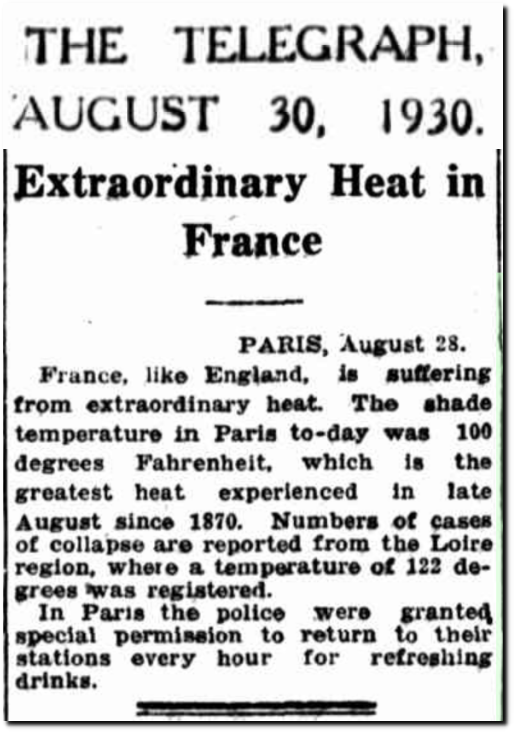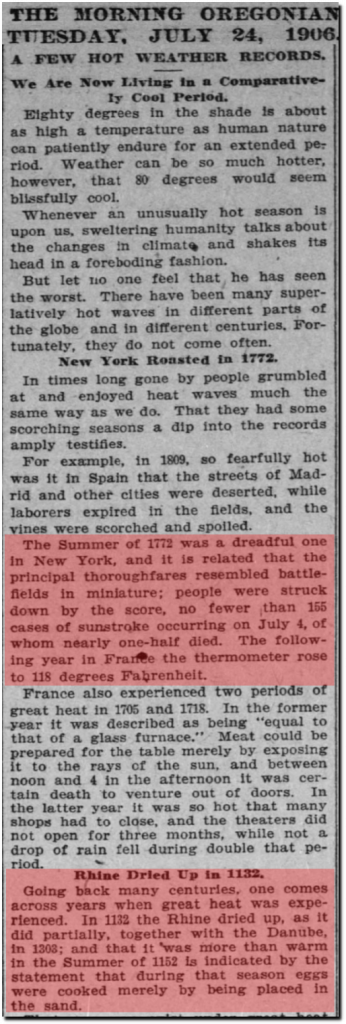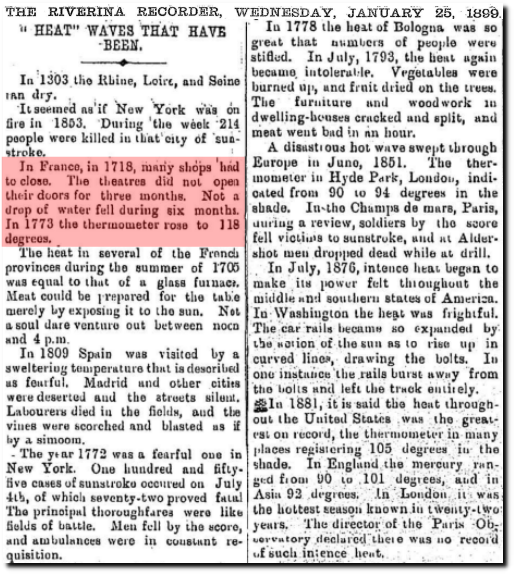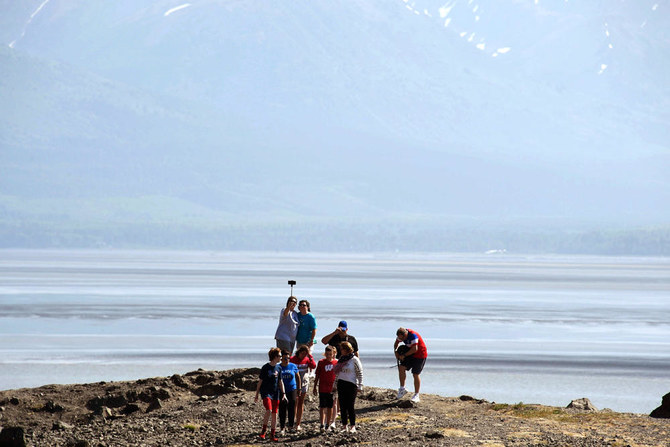“At 5 p.m. this afternoon, Anchorage International Airport officially hit 90 degrees for the first time on record,” tweeted the National Weather Service (NWS) late Thursday.
The previous record was 85 degrees, set in June 1969.
The average high temperature for July 4 in Anchorage, located in southern Alaska, is a far cooler 65 degrees. The abnormally warm weather is being caused by a “giant ridge of high pressure sitting right over us,” NWS meteorologist Bill Ludwig told the Anchorage Daily News.
Alaska had earlier broken temperature records throughout a hot spring, particularly in the Arctic zone which is especially sensitive to fluctuations in climate.
All 30 days in June had above-average temperatures, the NWS said.
According to scientists, Alaska is warming at twice the rate of the global average. “From 1901 to 2016, average temperatures in the mainland United States increased by 1.8 degrees Fahrenheit... whereas in Alaska they increased by 4.7 degrees,” Rick Thoman, a climate specialist at the Alaska Center for Climate Assessment and Policy, told AFP in April.
Arctic ocean warming
The dramatic warming Alaska has experienced in recent years — linked partly to a decline in sea ice and Arctic ocean warming — has wreaked havoc on local communities, wildlife and the state’s economy.
Permafrost — the frozen ground that covers almost 85 percent of Alaska — is thawing, affecting everything from building foundations to wildlife habitats and the picking of berries that grow on the tundra.
Frozen rivers usually serve as transport routes in winter, as two-thirds of communities in the state are not accessible by road. But higher temperatures have made the ice dangerously thin and unsafe for truck or car travel.
Many recreational sled-dog races have had to be canceled this year, and the famed Iditarod race had to be re-routed as what is normally solid sea ice was open water on part of the race course.
Crab fishing has also been affected as the sea ice that fishermen use as a platform is non-existent or too thin in some areas.
Alaska’s seal population is likely to be affected this summer, as some species give birth on solid ice, Thoman said.
Global warming has led to the lowest ice levels in the Bering Sea — which connects with the Arctic Ocean — since 1850, when sea ice records were first kept, he added. While it is unprecedented for the mercury to hit 90 degrees in coastal Anchorage, temperatures as high as 100 degrees have been recorded in Alaska’s interior.
The high-pressure system causing the current spike in temperatures is expected to shift north to inland areas in the coming days, with further records likely to be broken, according to AccuWeather.







